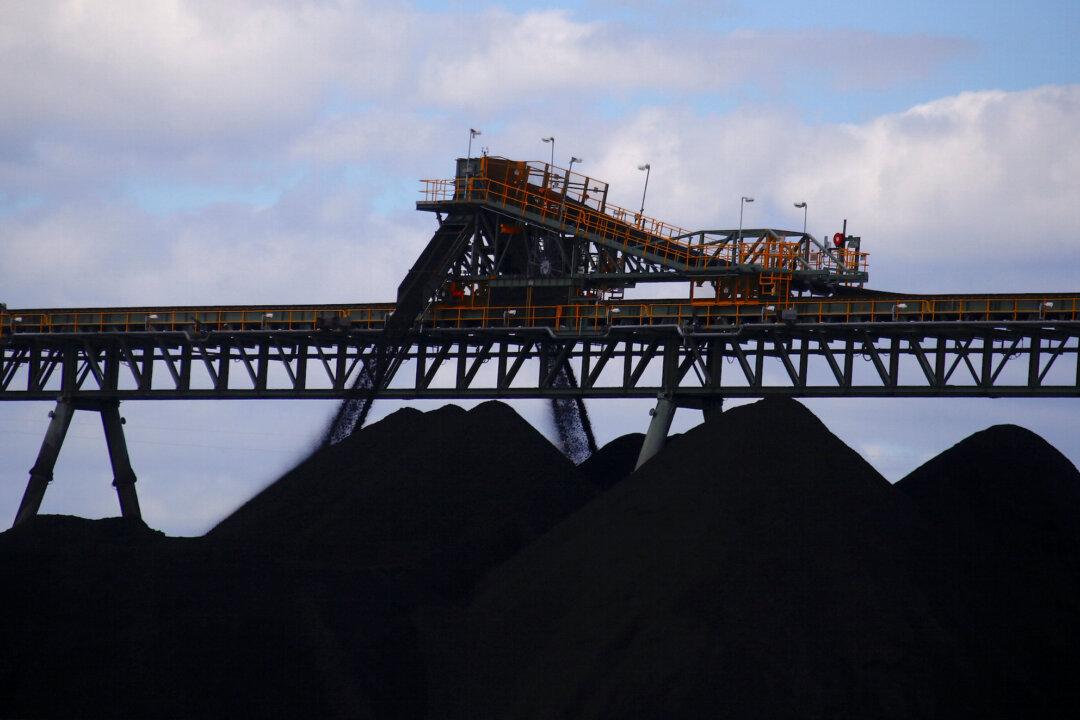New South Wales (NSW) will increase coal royalties in a bid to add $2.7 billion (US$1.7 billion) to its budget over four years from 2024 to 2028, a move that mining companies say would result in a heavier burden for the sector.
The 2.6 percent increase in coal royalties starting July 1, 2024, will replace the emergency domestic coal cap and reservation measures introduced in December 2022. The NSW government said that it will mitigate a $1.3 billion write-down in royalties revenue in the forthcoming budget and be used to rebuild essential services and provide families with cost-of-living relief in the state.




